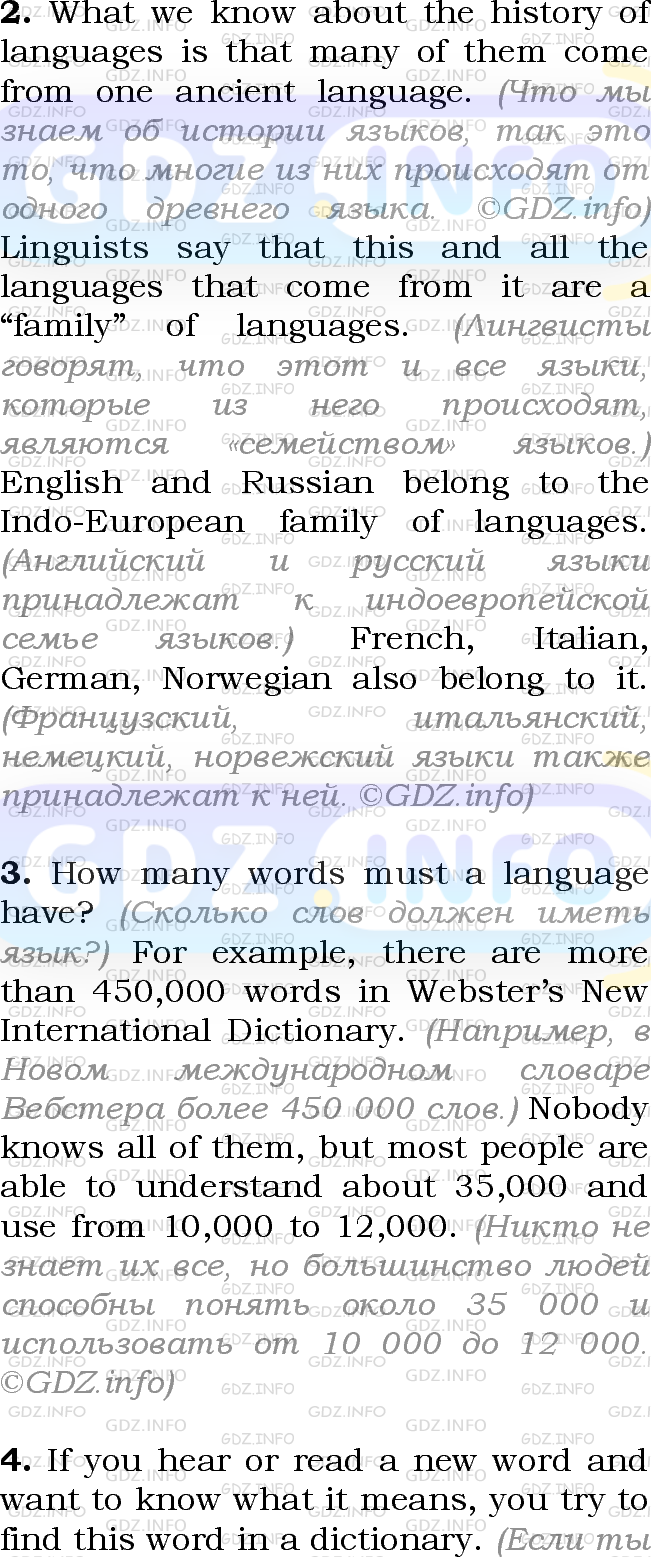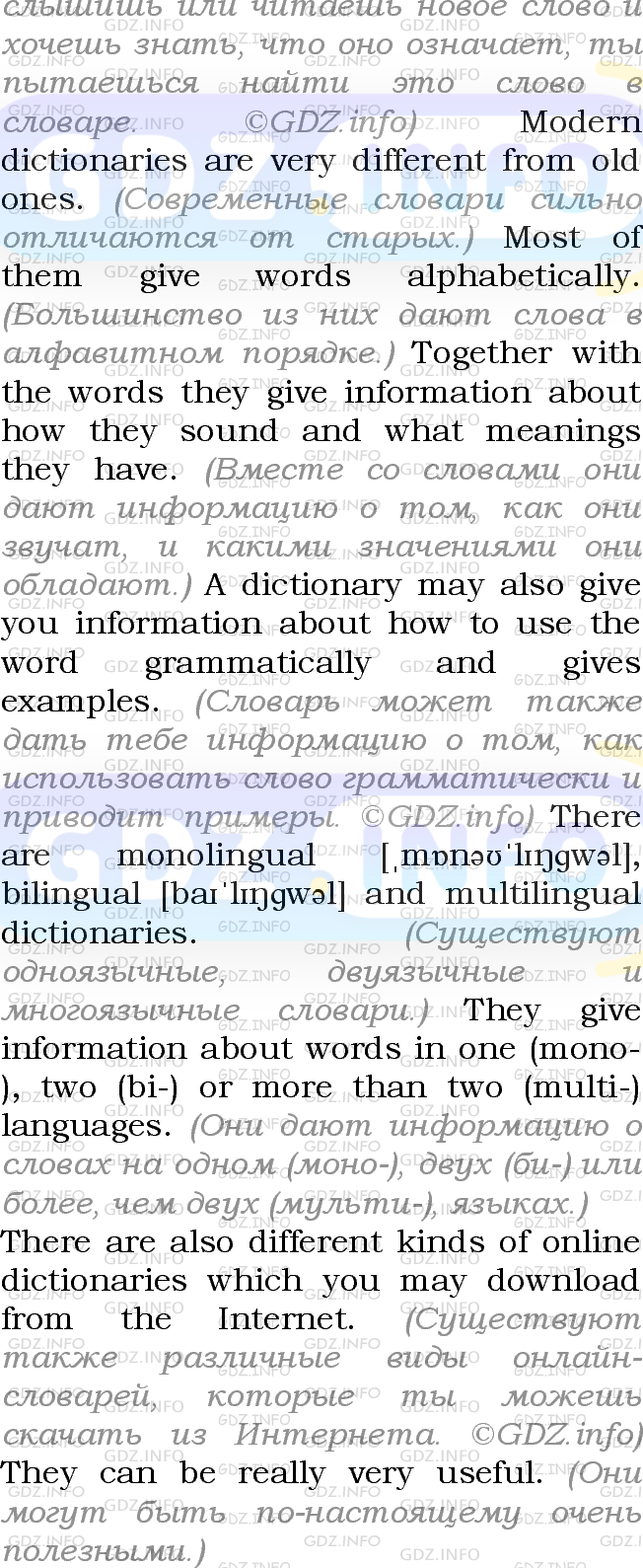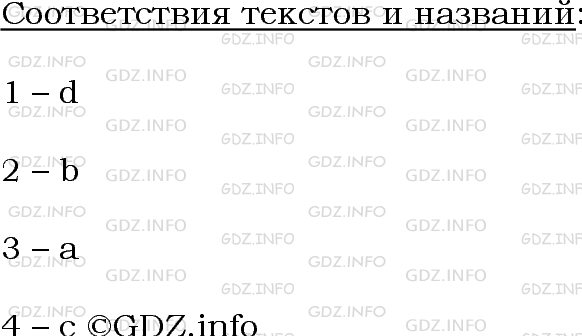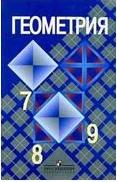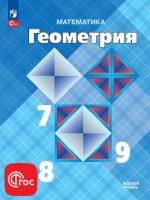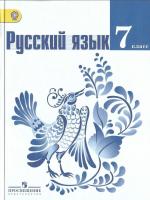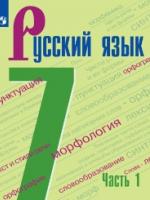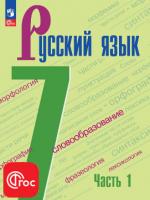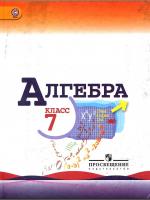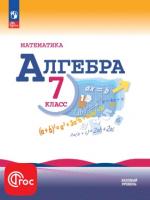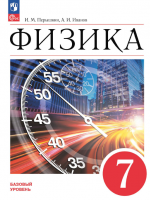Ответ на UNIT 2, Step 2, Номер 6 из ГДЗ по Английскому языку 7 класс: Афанасьева (Учебник Rainbow)
ГДЗ (готовое домашние задание из решебника) по Английскому языку 7 класса авторов О.В. Афанасьева, И.В. Михеева, К.М. Баранова 2014-2021г. на UNIT 2, Step 2, Номер 6. The Language of the World.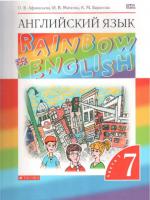
2014
Условие
A. Listen, CD (22), and read the texts (1 − 4). Match them with the titles (a − d).
a) We Don’t Use Them All
b) Great−grandfather Languages
c) Very Helpful Books
d) How It All Started
1. We do not really know how languages began. Some believe that languages began when prehistoric people tried to imitate birds and animals. Some think that the first words were the natural sounds that people made when they felt happy or were in shock.
2. What we know about the history of languages is that many of them come from one ancient language. Linguists say that this and all the languages that come from it are a “family” of languages. English and Russian belong to the Indo−European family of languages. French, Italian, German, Norwegian also belong to it.
3. How many words must a language have? For example, there are more than 450,000 words in Webster’s New International Dictionary. Nobody knows all of them, but most people are able to understand about 35,000 and use from 10,000 to 12,000.
4. If you hear or read a new word and want to know what it means, you try to find this word in a dictionary. Modern dictionaries are very different from old ones. Most of them give words alphabetically. Together with the words they give information about how they sound and what meanings they have. A dictionary may also give you information about how to use the word grammatically and gives examples. There are monolingual [ˌmɒnəʊˈlɪŋɡwəl], bilingual [baɪˈlɪŋɡwəl] and multilingual dictionaries. They give information about words in one (mono−), two (bi−) or more than two (multi−) languages.
There are also different kinds of online dictionaries which you may download from the Internet. They can be really very useful.
B. What do the words in italics mean?
a) We Don’t Use Them All
b) Great−grandfather Languages
c) Very Helpful Books
d) How It All Started
1. We do not really know how languages began. Some believe that languages began when prehistoric people tried to imitate birds and animals. Some think that the first words were the natural sounds that people made when they felt happy or were in shock.
2. What we know about the history of languages is that many of them come from one ancient language. Linguists say that this and all the languages that come from it are a “family” of languages. English and Russian belong to the Indo−European family of languages. French, Italian, German, Norwegian also belong to it.
3. How many words must a language have? For example, there are more than 450,000 words in Webster’s New International Dictionary. Nobody knows all of them, but most people are able to understand about 35,000 and use from 10,000 to 12,000.
4. If you hear or read a new word and want to know what it means, you try to find this word in a dictionary. Modern dictionaries are very different from old ones. Most of them give words alphabetically. Together with the words they give information about how they sound and what meanings they have. A dictionary may also give you information about how to use the word grammatically and gives examples. There are monolingual [ˌmɒnəʊˈlɪŋɡwəl], bilingual [baɪˈlɪŋɡwəl] and multilingual dictionaries. They give information about words in one (mono−), two (bi−) or more than two (multi−) languages.
There are also different kinds of online dictionaries which you may download from the Internet. They can be really very useful.
B. What do the words in italics mean?
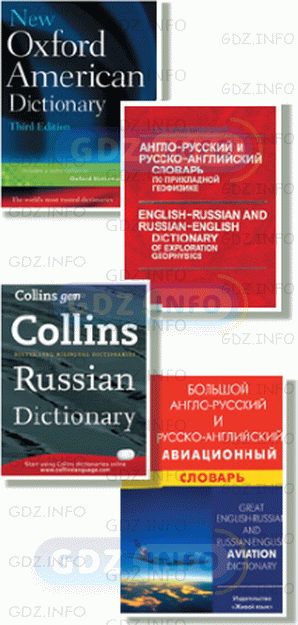
Решение №1
Подробное решение
- Белый фонпереписывать в тетрадь
- Цветной фонтеория и пояснения
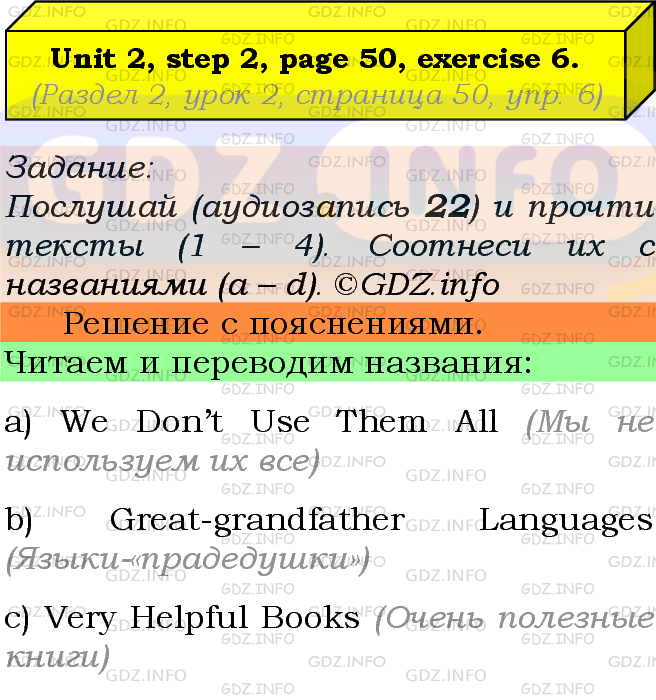
ОТКРЫТЬ РЕШЕНИЕ


